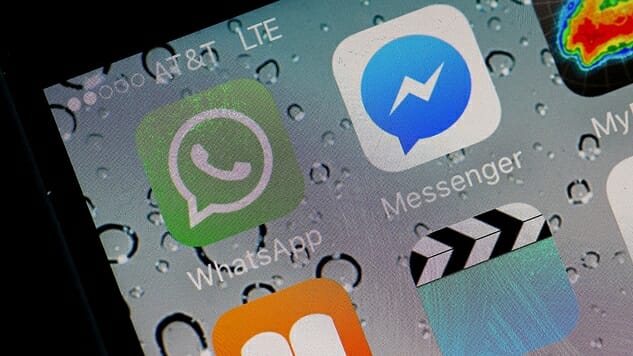Decoding Encryption: Weaponizing Leaks in Today’s Mainstream
Photo by Justin Sullivan/Getty
In what now seems to be a daily ritual—as routine as eating breakfast each morning—the continuing flow of leaks from inside the White House is one part ironic and one part disconcerting.
A quick glance at the president’s Twitter account at any given moment reveals just how loud the administration’s alarm bells are sounding. President Trump has promised to root out and silence “the leakers,” and has pinned the blame on liberal activists and even his predecessor, Barack Obama.
On March 4, Vice President Pence similarly lashed out at the Associated Press for posting his wife’s personal email address in one its stories, which Pence claimed put his family in danger.
The inability to stop such leaks has brought a halt to most of the administration’s agenda items, and with each passing day the ongoing backsliding, late-night retorts and cable news fodder have the president spending most of his time playing defense. The strain is beginning to show on congressional Republicans as well, draining the political capital they believe they have to act on a number of consequential reforms.
Undergirding this new media landscape—where news publications and online outlets are increasingly relying on leaks to shed light on the inner workings of what many believe to be full-scale collusion and corruption—is encryption.
Using Encryption as a Tool for Preventing Leaks—Or Not
While many pundits, politicos and Washington observers view the administration’s obsession with displacing the “mainstream media” and speaking directly to the people (read: Trump voters specifically) as a sort of paranoia, the real-world effects of demonizing the press have been damaging to say the least—to both Trump and the media itself.
One would think that encryption—the elaborate encoding of messages that makes text legible only to those who have the proper authorization—is the perfect method for communicating highly sensitive information—and it is. Data encryption is the foundation of electronic transmissions from high-level government officials (primarily within the NSA), and provides the intelligence community with a quick, secure way to transfer information without the prying eyes of those who would intend to intercept or decode important data.
-

-

-

-

-

-

-

-

-

-

-

-

-

-

-

-

-

-

-

-

-

-

-

-

-

-

-

-

-

-

-

-

-

-

-

-

-

-

-

-








































